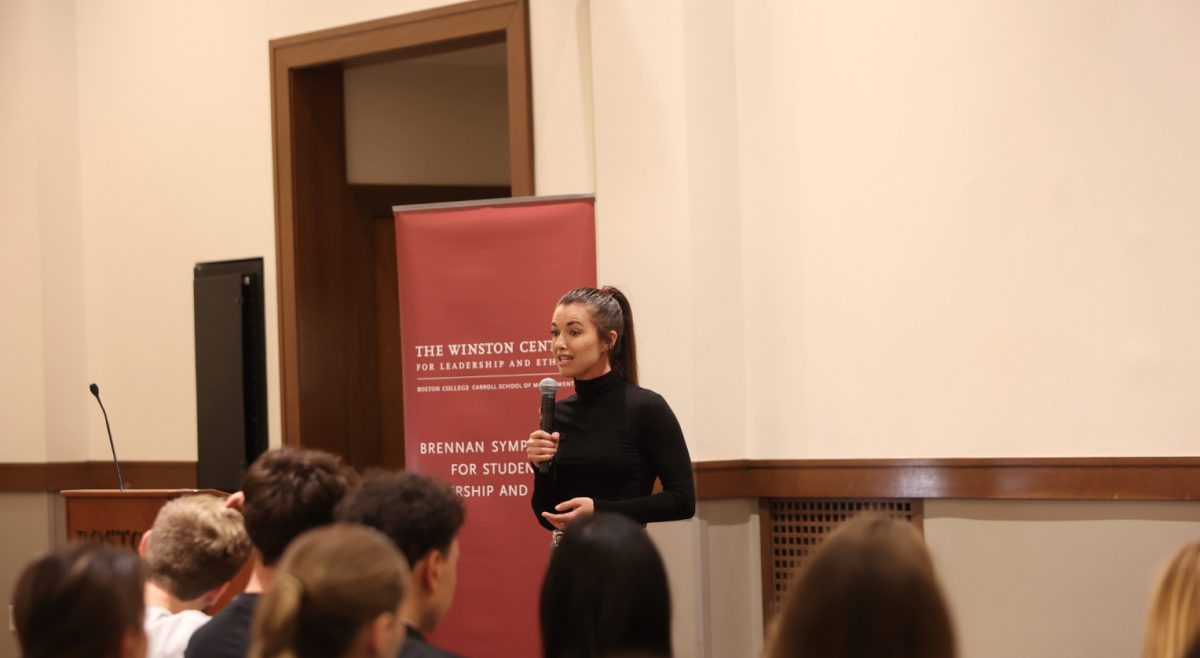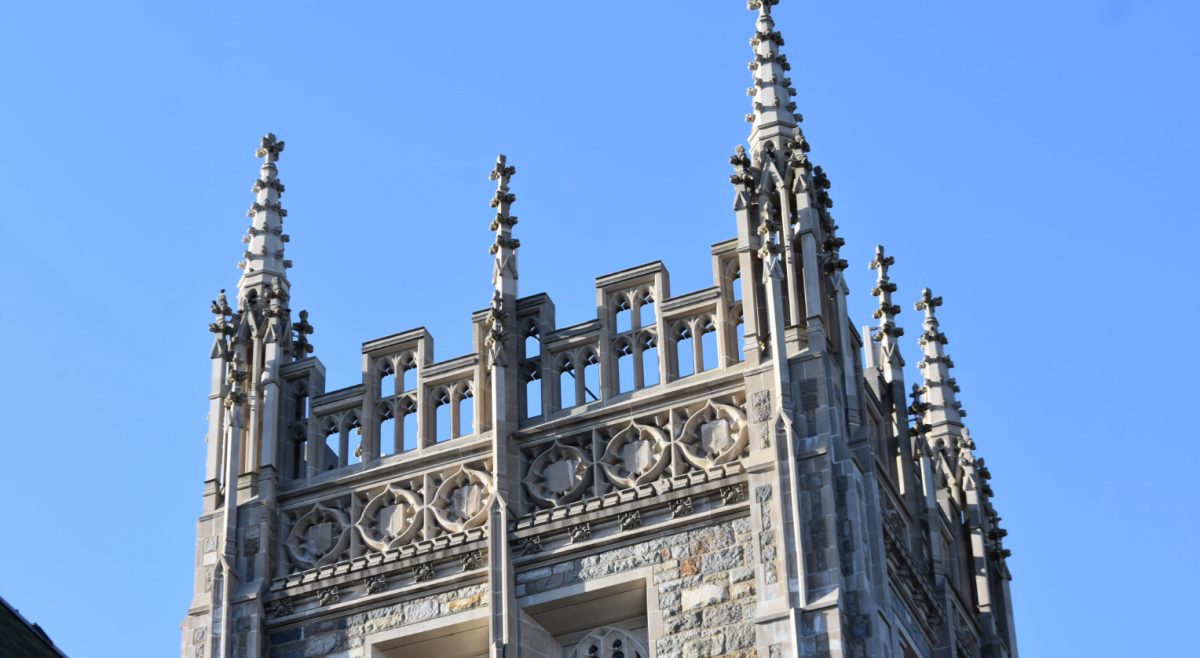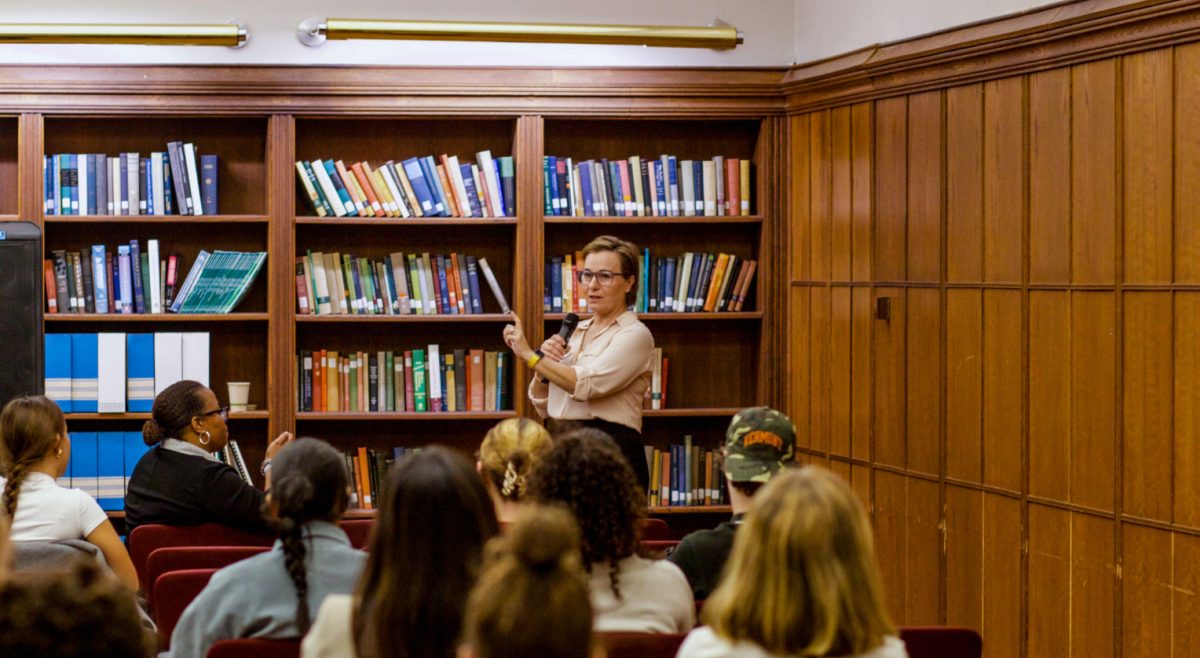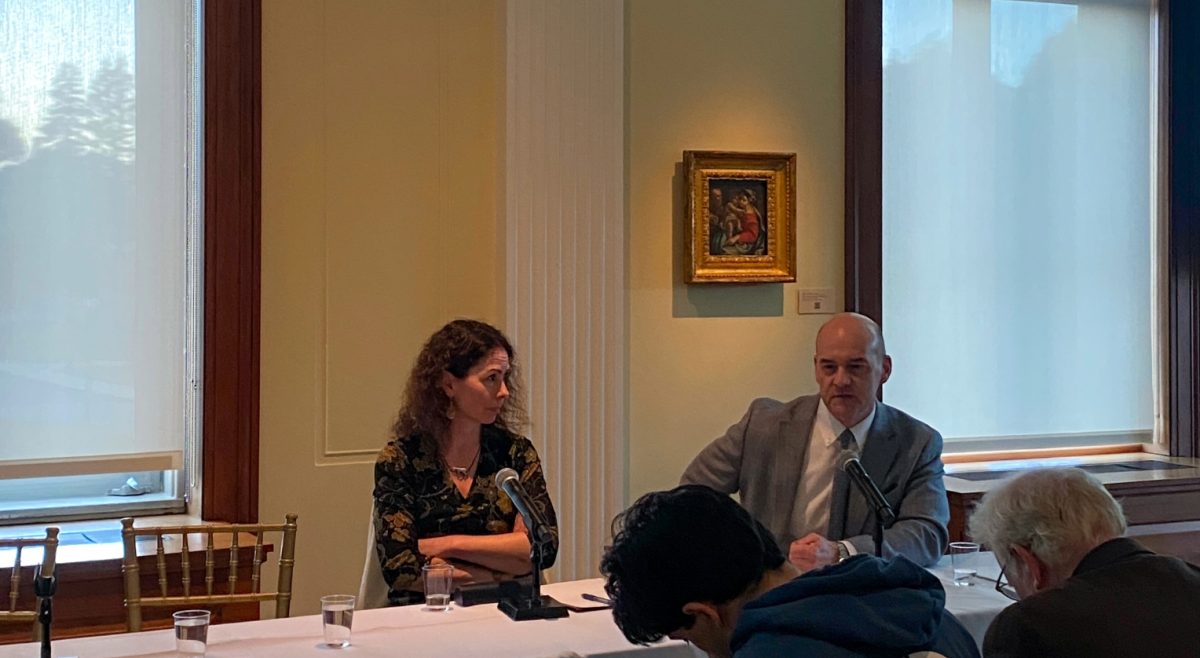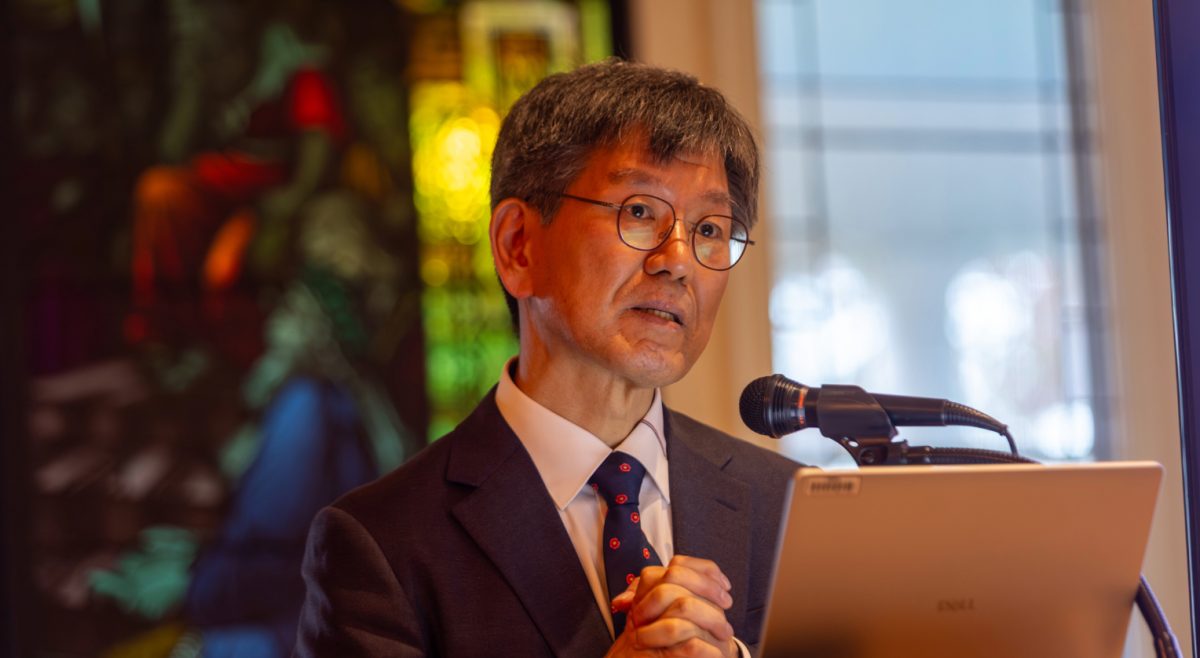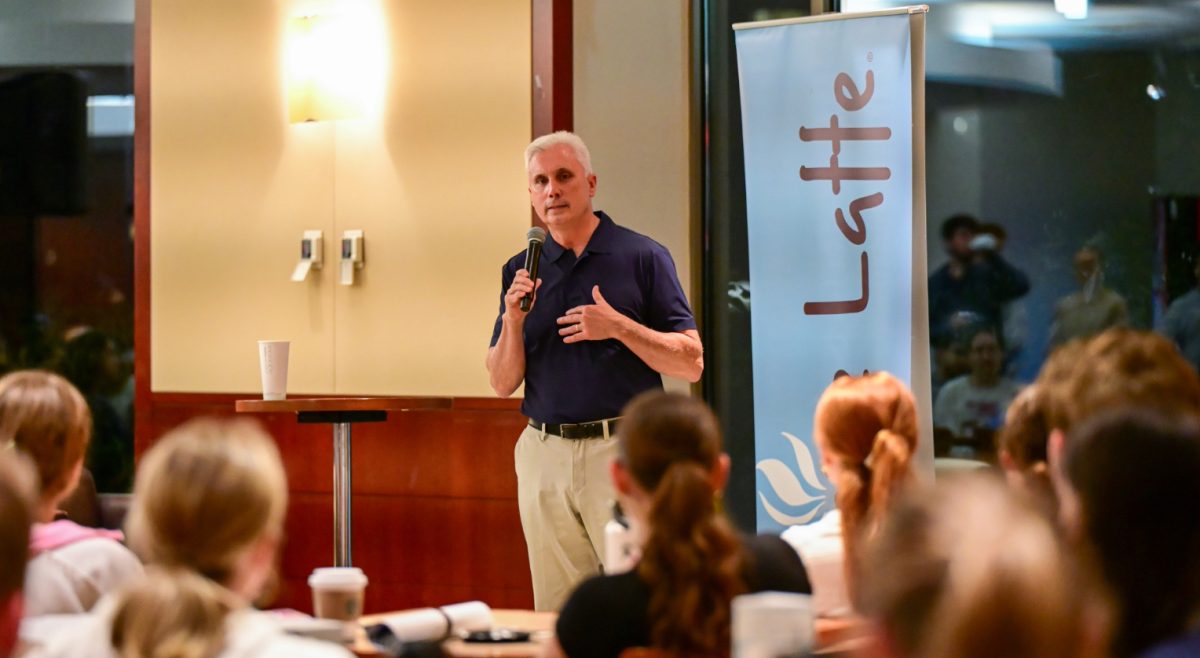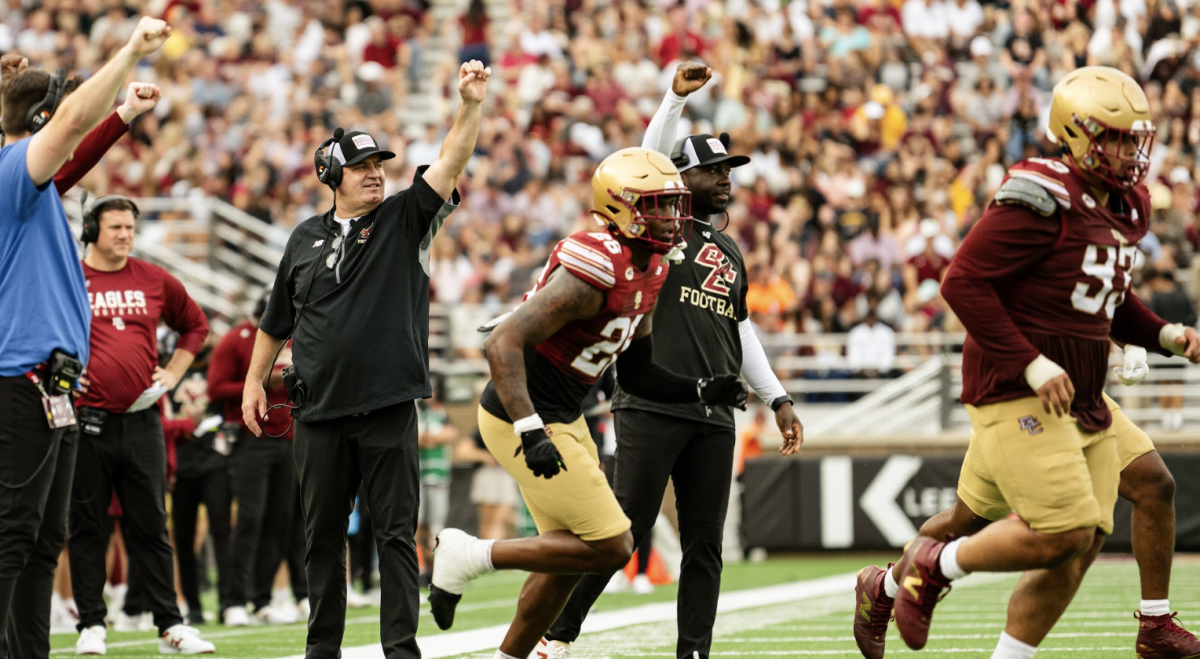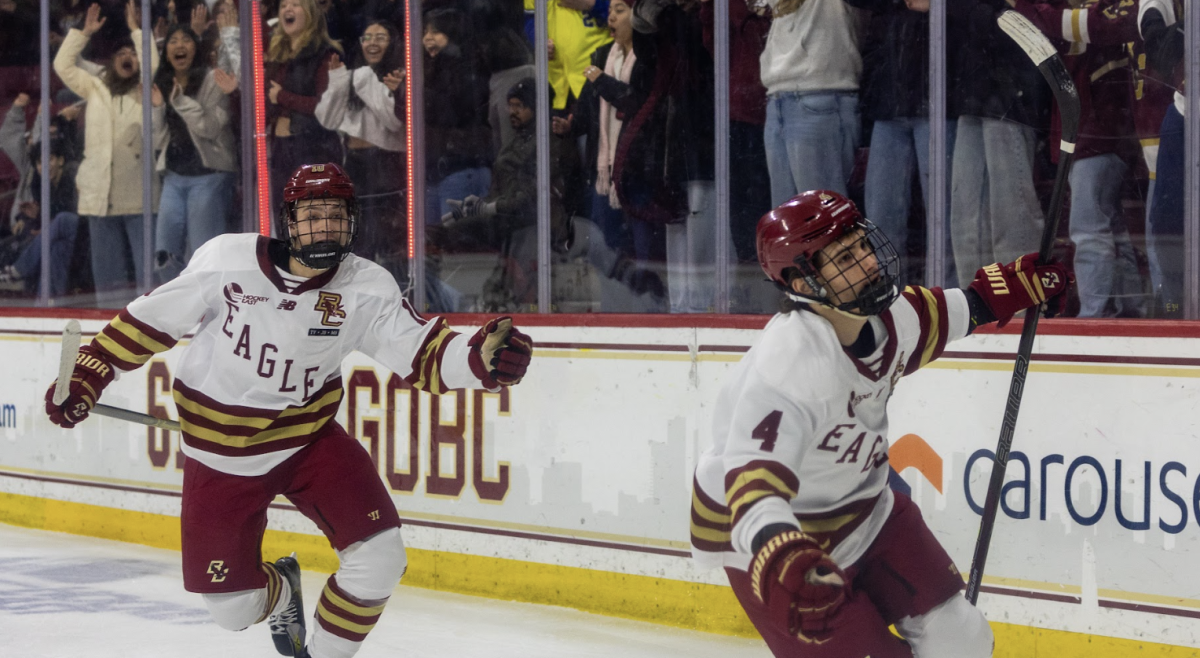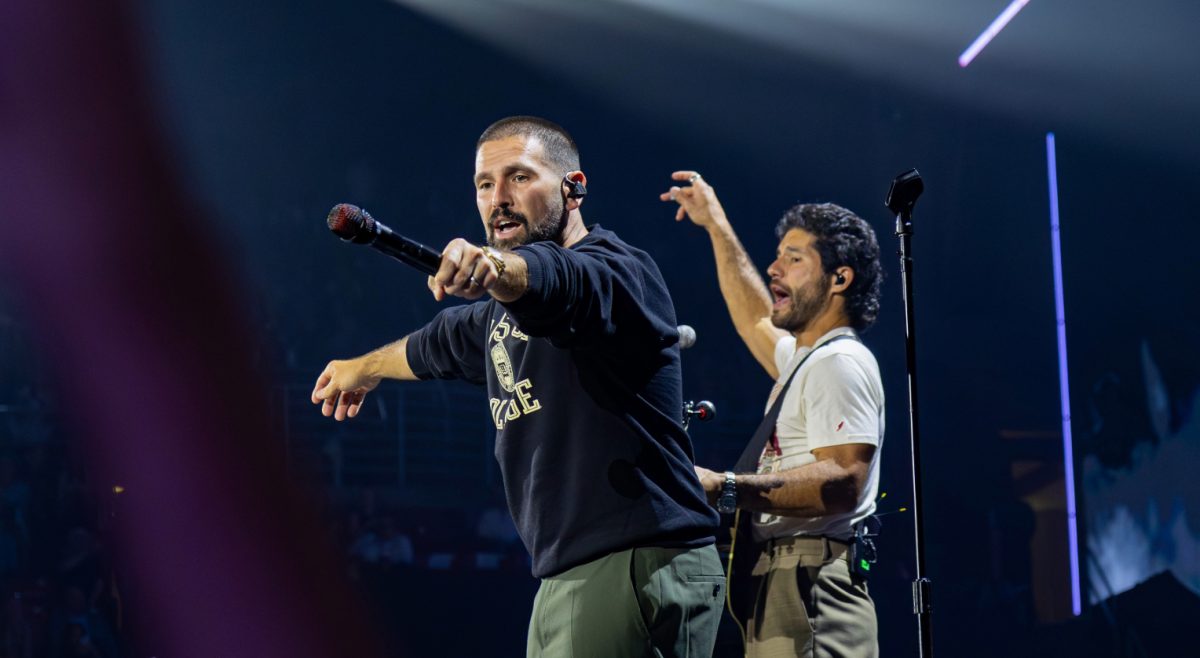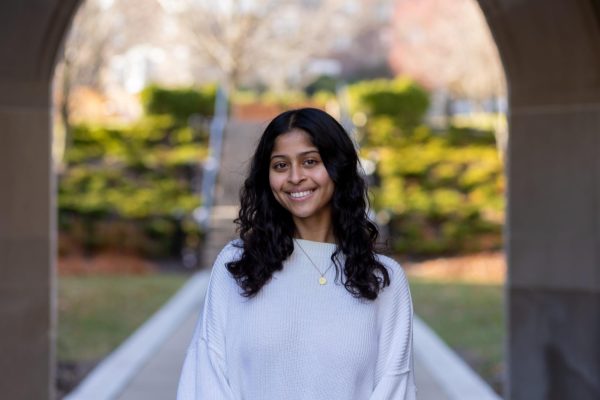The UGBC Senate passed an amendment to its constitution on Tuesday night imposing a five-minute time limit on public comments at Senate meetings, one of many changes to the constitution passed during the meeting.
“As we all know, public comment has gained some traction and to ensure that we can hear all voices and also stay within our allotted Senate meeting time, we added guidelines for how public comment will operate, ensuring that it’s accessible for all public commenters to have the same amount of time to speak,” said Ellie Cost, UGBC chief of staff and LSEHD ’26.
The amendment reads: “Each member of the public will be allotted up to five (5) minutes to address the Senate. The comment will be limited to five minutes per individual. The public comment portion is intended for statements only. No debate or discussion with Senators will take place during this time.”
This amendment comes after students made three public comments regarding an Immigration and Customs Enforcement (ICE) vehicle sighting near campus on Sept. 6.
Under the amendment, the public comment period can be shortened to ensure Senate meetings do not exceed an hour and thirty minutes. Committee chairs and UGBC executives can respond to students’ comments, though each response is limited to three minutes.
“Public comment is a space to share concerns and comments to the Senate, and then have senators be able to share any information that we have at that time,” Cost said. “Public commenters are welcome to speak individually with Senate members after the meeting, but this is to ensure that this time is kept for sharing concerns and then hearing a response.”
The amendments to UGBC’s constitution passed with near unanimous support, with Jonah Paulus, student senator and MCAS ’29, casting the sole vote against them.
At the end of the meeting, Quinten Dragstedt, MCAS ’28, made a public comment presenting a petition that calls on UGBC to issue a statement affirming its support for students amid ICE activity in Boston. The petition currently has 354 student signatures, according to Dragstedt.
“We, the students of Boston College, demand that UGBC release a statement in solidarity with students affected by ICE agents near campus, be it directly or out of fear for friends and family,” Dragstedt said. “UGBC is tasked with being a voice, being the representative, being the allies who express the feelings of the student body. In accordance with this, let UGBC now act as it was designed to do, and as its mission mandates it to do.”
Reagan Marino, UGBC vice president and MCAS ’26, assured Dragstedt that UGBC drafted its own statement responding to the ICE sighting, which is set to be released Wednesday morning.
Paulus urged student senators to treat the petition Dragstedt brought forward as a separate initiative than UGBC’s drafted response, noting that the two differ substantially.
“I know for a fact that [UGBC’s drafted response] doesn’t align with the petition,” Paulus said.
Under a provision in UGBC’s constitution, any student petition that meets the required number of signatures can be brought before the senate as a “limited initiative” for a vote. Dragstedt’s met the threshold of 250 student signatures, which was raised from 45 by an amendment passed earlier in the meeting.
Cristina Gregory, academic affairs committee chair and MCAS ’26, encouraged Dragstedt to consider UGBC’s drafted response before moving forward with the initiative.
“I don’t want to ask you to wait at all, but I think that maybe we should see tomorrow what your response is, and how you guys feel about the post coming out tomorrow and what we have to say,” Gregory said.
Dragstedt agreed to wait until UGBC’s response goes public Wednesday morning to decide how to proceed.
“For the record, your petition is still valid, even after you see ours,” said Addie Weiss, student life committee chair and MCAS ’27.




